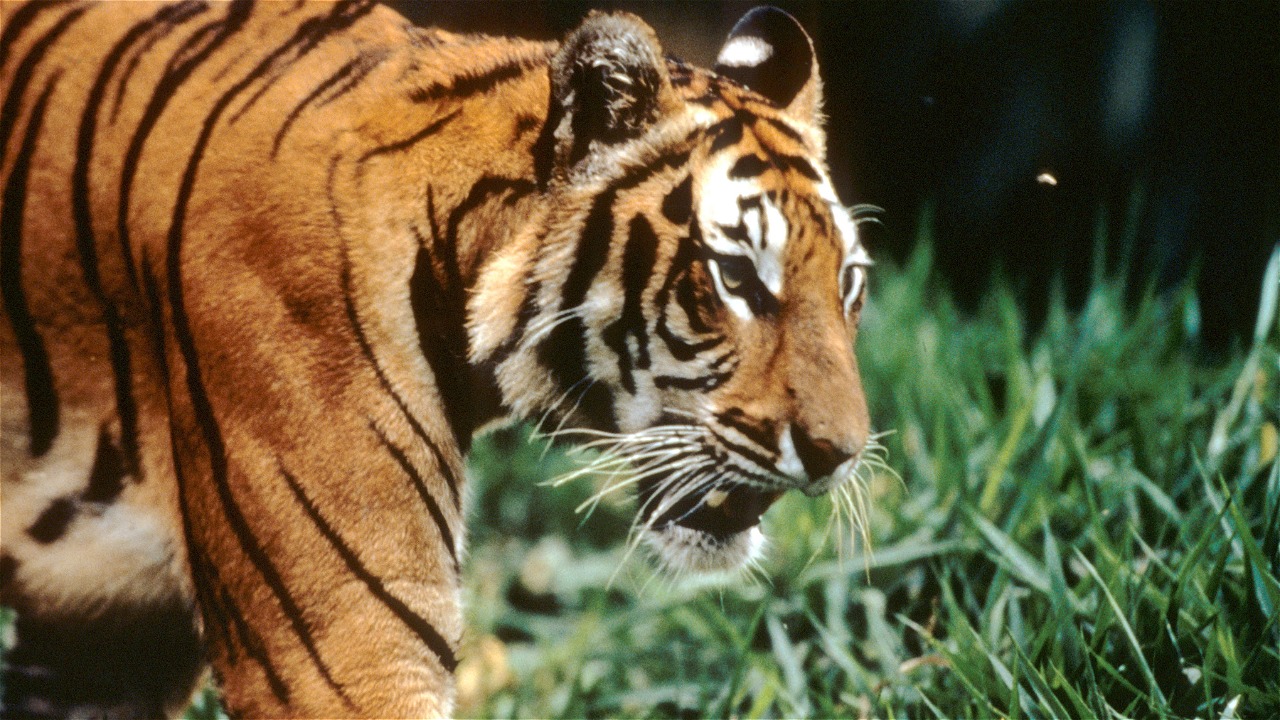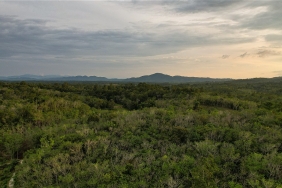CONVICTED INDONESIAN TIGER SMUGGLER APPEALS FOR MORE LENIENT SENTENCE
Pekanbaru, Indonesia – A convicted Indonesian tiger smuggler is appealing a state court ruling of two years and four months in prison and a IDR3 million (US$340) fine after he was caught in possession of a tiger skin earlier this year, a sentence WWF says is still far too lenient.
The smuggler was arrested in West Sumatra in March 2011 with a tiger skin he purchased for IDR$25 million (US$3,000). Under current Indonesian law, the suspect could receive a maximum sentence of five years imprisonment and a IDR$100 million fine (US$11,200).
Retno Setiyaningrum, Legal and Policy Senior Officer for WWF-Indonesia, says that while WWF applauds the efforts of law enforcement officers in the case, the sentence still lets the convicted smuggler off far too easy.
“WWF urges High Court of West Sumatra to apply environmental law strictly and fall maximum punishment to the defendant,” Retno said.
Public supports stricter punishments
During the trial, WWF initiated a social media campaign that gained more than 3,000 signatures in support of the court handing down the maximum punishment possible on the tiger smuggler. The petition was sent to the city of Payakumbuh before the last trial to show the judges of the public support for this important case.
WWF-Indonesia Tiger Protection Unit Coordinator Osmantri stated that investigations of tiger poaching must touch the entire chain of the problem, from hunters to smugglers to consumers.
“The level of Sumatran tiger poaching, especially in Riau and West Sumatra Provinces, is a major threat to the wild tiger population,” said Osmantri. “We just found out that a tiger was trapped and shot by an unknown perpetrator in Batang Anai Regency, West Sumatra in mid October. The Natural Conservation Agency of West Sumatra is still investigating the killing and pursuing the perpetrator.”
West Sumatra, where the current case originated, has one of the highest tiger populations on the island. There are less than 400 Sumatran tigers left, out of a total of only 3,200 and five other subspecies, which are scattered in small pockets across Asia.
For further information, contact:
- Retno Setiyaningrum, Legal and Policy Senior Officer for WWF-Indonesia, rsetiyaningrum@wwf.or.id
- Osmantri, WWF-Indonesia Tiger Protection Unit Coordinator Osmantri, osmantri@wwf.or.id





